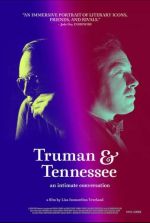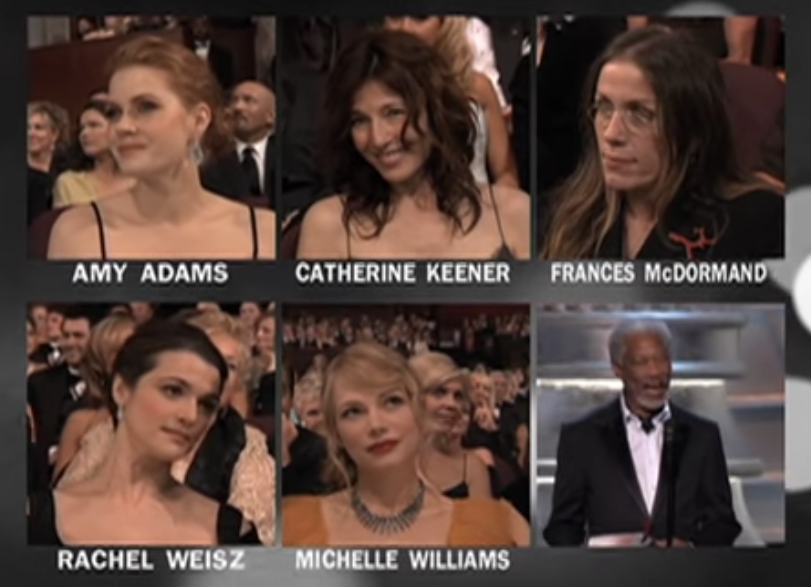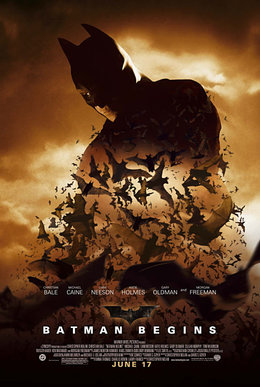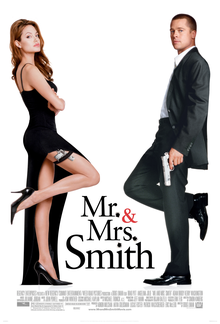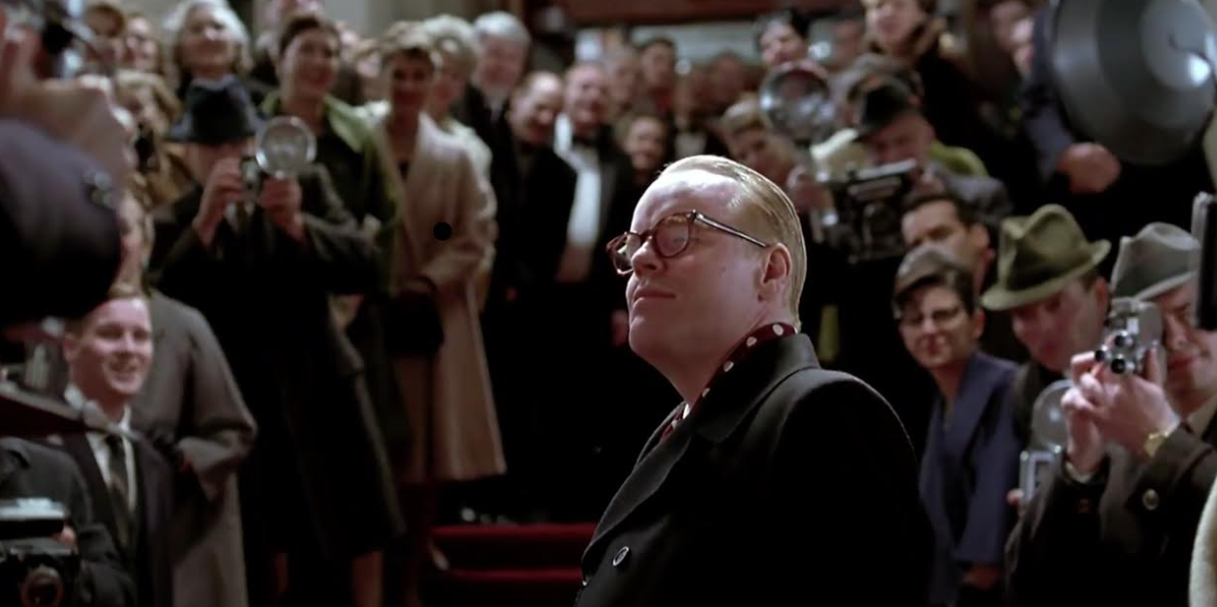Drag Race RuCap: “Ross Matthews vs The Ducks”
 Monday, March 17, 2025 at 10:00AM
Monday, March 17, 2025 at 10:00AM  Jewels wasn't the only one yawning through this acting challenge.
Jewels wasn't the only one yawning through this acting challenge.
CLÁUDIO ALVES: After last week’s shitshow of an episode, the follow-up would necessarily feel like something of a disappointment. Don’t get me wrong - it’s a fine hour of reality TV, but not especially exciting in terms of drama, nor spectacular as far as the queen’s performances are concerned. It culminated in some dubious judging and a tragic elimination, fair as it might have been. Oh well, not every episode can be a winner. Overall, I’m still liking this season, in no small part, because of the contestants. It’s been a while since we had such dynamic characters on Drag Race, messy and rough around the edges, not untalented but generally unpolished. Well, most of them. If you call Samantha Star unpolished, she might just kill you.
NICK TAYLOR: It’s a genuinely great cast, and you can tell because they bring real personal stakes to such a mediocre acting challenge. And the elimination order is still surprising enough I don’t feel totally comfortable predicting a top four. We haven’t had a shocker of a frontrunner going home like Plasma last year, but neither has anyone been as generously over-protected despite some patent limitations as Q was. No one feels like they’ve snuck through the competition to make it this far, and give or take some bold judging, the track records for our seven queens (now six) feel fair to me...
 Capote,
Capote,  Cheyenne Jackson,
Cheyenne Jackson,  Drag Queens,
Drag Queens,  Drag Race,
Drag Race,  Feud,
Feud,  LGBTQ+,
LGBTQ+,  MTV,
MTV,  RuPaul,
RuPaul,  RuPaul's Drag Race,
RuPaul's Drag Race,  Ryan Murphy,
Ryan Murphy,  TV,
TV,  fashion
fashion 


